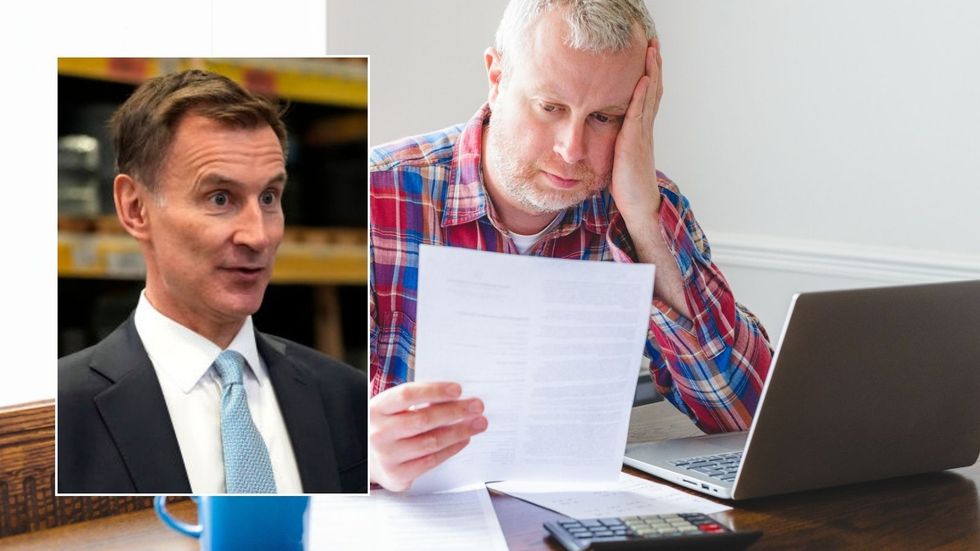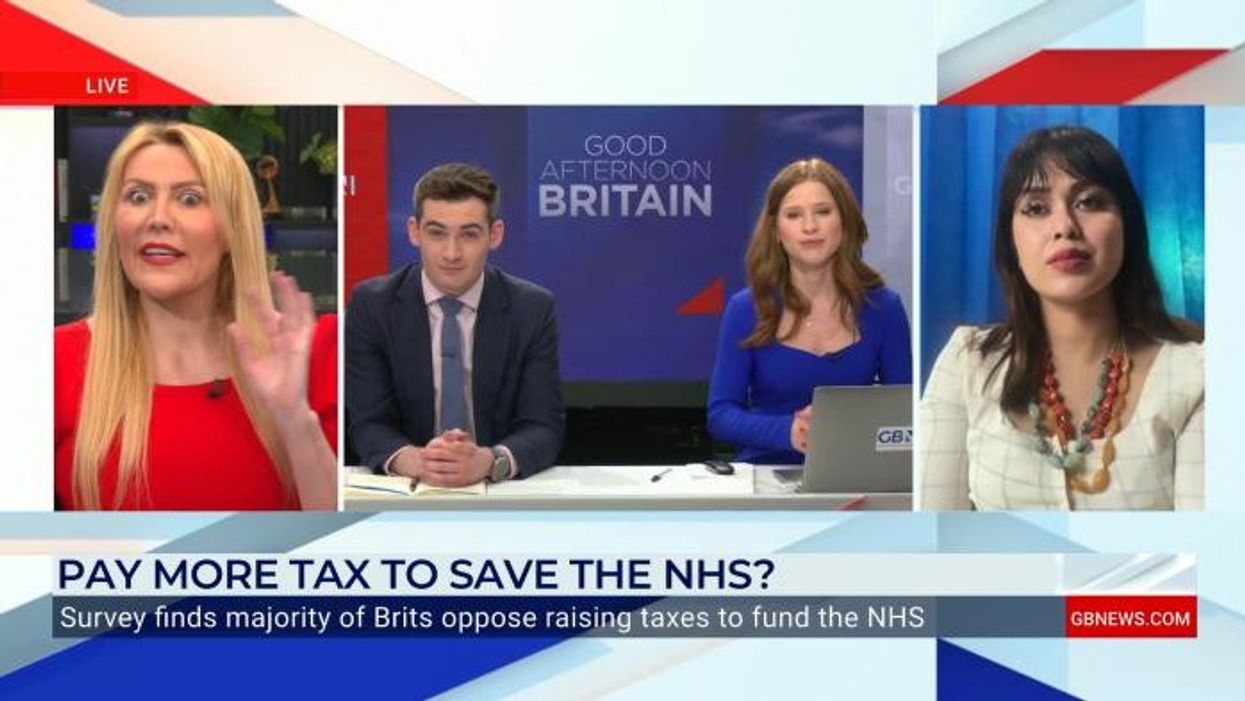Fiscal drag will likely diminish any returns from recently announced tax cuts from the Government, experts claim
Don't Miss
Most Read
Trending on GB News
Low-income workers and pensioners will be “disproportionately” hit by a pending stealth tax despite the widely publicised cut to National Insurance.
Experts are warning taxpayers about the impact fiscal drag will have on their tax liability for years to come.
This is the term used to describe when tax allowances are frozen over a period of time while wages and incomes are rising.
As a result of this, taxpayers and pensioners are being pulled into higher brackets and paying more of their hard-earned cash to HM Revenue and Customs (HMRC).
At the Spring Budget, Chancellor Jeremy Hunt announced the National Insurance rate for employees will fall from 10 per cent to eight per cent this month, while self-employed individuals will pay six per cent.
However, analysts are sounding the alarm the benefits from this tax cut will not improve the living standards due to Mr Hunt’s decision to freeze allowances.
Do you have a money story you’d like to share? Get in touch by emailing money@gbnews.uk.

Low-income workers could pay more tax in the years to come despite National Insurance being cut
GETTY
The Institute for Fiscal Studies (IFS) estimates that the combined impact of National Insurance cuts and frozen tax thresholds will lead to a net loss for workers over time.
For every £1 given back through the reduction in the levy’s rate, £1.30 will be taken away due to the threshold changes between 2021 and 2024, the think tank claims.
This stealth tax on workers is expected to worsen by 2027, according to forecasts from the IFS.
Harsh Vardhan, the editor-in-chief at Invezz, urged taxpayers to consider options available to them to reduce their long-term tax liability.
He explained: “The freeze on income tax thresholds introduces long-term challenges, leading to a net loss in disposable income for a significant portion of the population.
“I believe the minimum wage workers and pensioners are disproportionately affected as they are drawn into paying more taxes despite their relatively lower incomes.
“To mitigate adverse effects, policymakers may need to consider more equitable tax reforms that balance immediate relief with sustainable revenue generation.
“Moreover, there's a need for transparent communication regarding the long-term implications of tax policies to ensure informed decision-making by individuals and households.”
Among the options available to taxpayers are taking advantage of tax-efficient investment accounts, such as ISAs or workplace pension schemes.
Regular contributions to these accounts are usually tax-deductible or benefit from growth without having to pay tax.
LATEST DEVELOPMENTS:

Pensioners will also be affected by fiscal drag
GETTYFurthermore, experts recommend making use of available tax deductions and allowances, such as those for charitable donations, mortgage interest payments, or childcare costs.
By making these deductions, taxpayers will be able to reduce their taxable income which will result in lower bills.
Finally, workers can utilise salary sacrifice schemes to save money on income tax and National Insurance contributions.
The cut to the National Insurance rate comes into effect from April 6, 2024.









